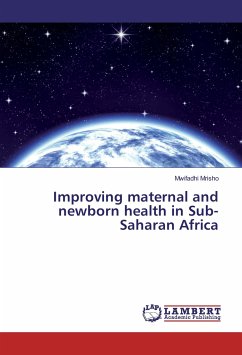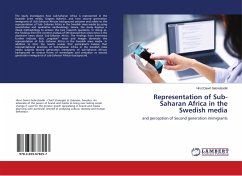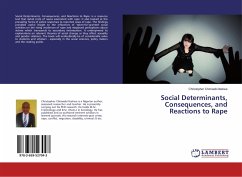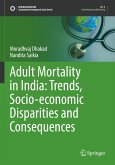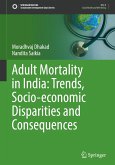Several decades ago, marriage among women in most of sub-Saharan Africa could reasonably be described as early and near-universal. However, in many countries in the region there is a trend toward delays in the onset of marriage, with early marriage becoming less prevalent. This trend is most notable among urban and better-educated women. Rising age at first marriage, in turn, has played an important role in the ongoing fertility transition in some parts of sub-Saharan Africa. This monograph examines union patterns of young women (aged 15-29) in more than two dozen countries in sub-Saharan Africa, with the objective of documenting and analyzing the extent and nature of the ongoing changes in entry to union that are taking place in the region. We use data from the Demographic and Health Surveys (DHS). After looking at trends in marriage, we analyze factors associated with these trends, most notably women's education and economic well-being. Finally, we assess the role of the observed declines in the percentages of women in union in contributing to the fertility transition that is taking place in sub-Saharan Africa.
Bitte wählen Sie Ihr Anliegen aus.
Rechnungen
Retourenschein anfordern
Bestellstatus
Storno


